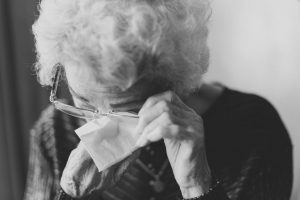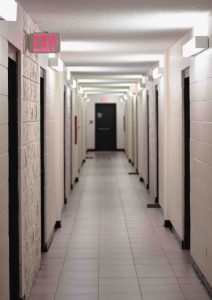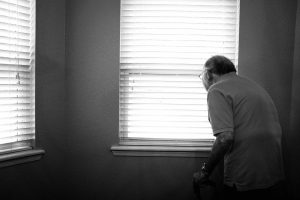 Elderly residents of skilled nursing facilities (SNFs) in San Clemente and throughout California could lose important federal protections against nursing home abuse and neglect, according to a recent article in Lake County News. However, California Attorney General Xavier Becerra is working to prevent this from happening. As the article explains, “Becerra has led a coalition of 16 states and the District of Columbia in submitting a letter to the United States Department of Health and Human Services (HHS) and its Centers for Medicare and Medicaid Services (CMS).” The letter “condemn[s] federal actions that would delay the enforcement of protections for Medicare and Medicaid beneficiaries who receive care in skilled nursing facilities.”
Elderly residents of skilled nursing facilities (SNFs) in San Clemente and throughout California could lose important federal protections against nursing home abuse and neglect, according to a recent article in Lake County News. However, California Attorney General Xavier Becerra is working to prevent this from happening. As the article explains, “Becerra has led a coalition of 16 states and the District of Columbia in submitting a letter to the United States Department of Health and Human Services (HHS) and its Centers for Medicare and Medicaid Services (CMS).” The letter “condemn[s] federal actions that would delay the enforcement of protections for Medicare and Medicaid beneficiaries who receive care in skilled nursing facilities.”
In 2016, regulatory reforms resulted in improved “protections against abuse, neglect, and exploitation.” During the June rule-making period, Becerra and other attorneys general have “grave concerns” that the federal government will “revisit requirements deemed to be burdensome for facilities.” In other words, Becerra and others expect that CMS will change the way it deals with protections for seniors in SNFs, allowing facilities to be less burdened by regulations, thereby jeopardizing the health and safety of the patients at these facilities.
Revisiting the Long-Term Care Reforms of 2016
 Southern California Nursing Home Abuse Lawyer Blog
Southern California Nursing Home Abuse Lawyer Blog




















